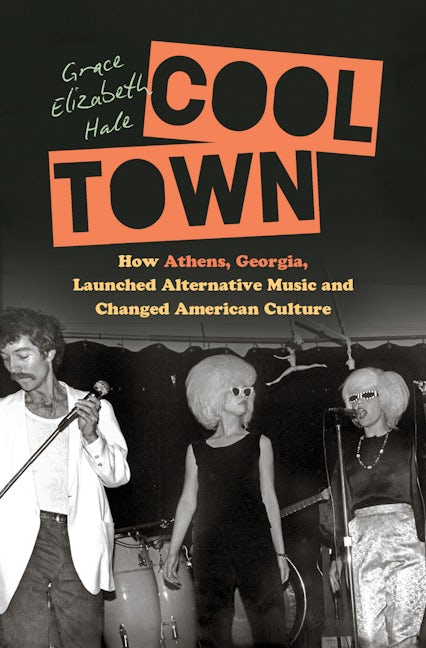Formed in 1980, in Athens, Georgia, by Stipe, guitarist Peter Buck, bassist Mike Mills, and drummer Bill Berry, R.E.M. had emerged with their sound in place—a self-assured combination of sparseness and warmth, of New Wave and folk rock, that was influenced by the New York bands of the seventies but was unambiguously their own. As “The Name of This Band Is R.E.M.,” a new biography by Peter Ames Carlin, makes clear, compared with their edgier contemporaries, the band carried little in the way of salacious backstory—no overdoses, no contentious breakups, no major deaths. Withdrawing in disgust from the glitz and excess of the Reagan years, R.E.M. forged a new way of being a rock band by releasing their records with an indie label, promoting their music on college radio, and touring small venues “where no one else would have played,” as Buck put it later. At the level of infrastructure, R.E.M. showed how a band could break through to mass appeal without being cheesy, or nostalgic, or playing hair metal. Their spiky but lovable sound and their alternative approach to that sound’s promotion and distribution influenced two generations of American bands. “Some bands I like to name-check / And one of them is R.E.M., / Classic songs with a long history, / Southern boys just like you and me,” Stephen Malkmus sings on Pavement’s “Unseen Power of the Picket Fence.”
“I don’t know how that band does what they do,” Kurt Cobain told Rolling Stone, in 1994. “God, they’re the greatest. They’ve dealt with their success like saints, and they keep delivering great music.” (Cobain was close with Stipe and Buck, and the band paid tribute to him on the shattering “Let Me In,” off “Monster,” which was released not long after Cobain’s suicide.) More than four decades after R.E.M. began, and three decades after the peak of their influence, Cobain’s question stands: How did such an independent-minded, commendably modest band become one of the defining groups of their era?
It’s not surprising that a band as steeped in place as R.E.M. (“Now face west, think about the place where you live / Wonder why you haven’t before,” Stipe sings on the otherwise insipid “Stand”) owes a great deal to the city where they were founded. Stipe and Buck met at Athens’s Wuxtry Records in late 1979. Stipe was a University of Georgia art student dabbling as a vocalist around town; Buck worked full time at the record store. The two hit it off right away, despite finding themselves on opposing sides of the all-important customer-employee divide. Both were fanatical music geeks with a shared fondness for the seventies counter-canon—Suicide, Television, Patti Smith. Soon, they had enlisted two more U.G.A. students, Mike Mills and Bill Berry, friends who had played bass and drums together as teen-agers in music-saturated Macon, Georgia. (When they first met, at a party, Stipe initially found Mills off-puttingly drunk, but Berry convinced him to give the bassist another shot.)

